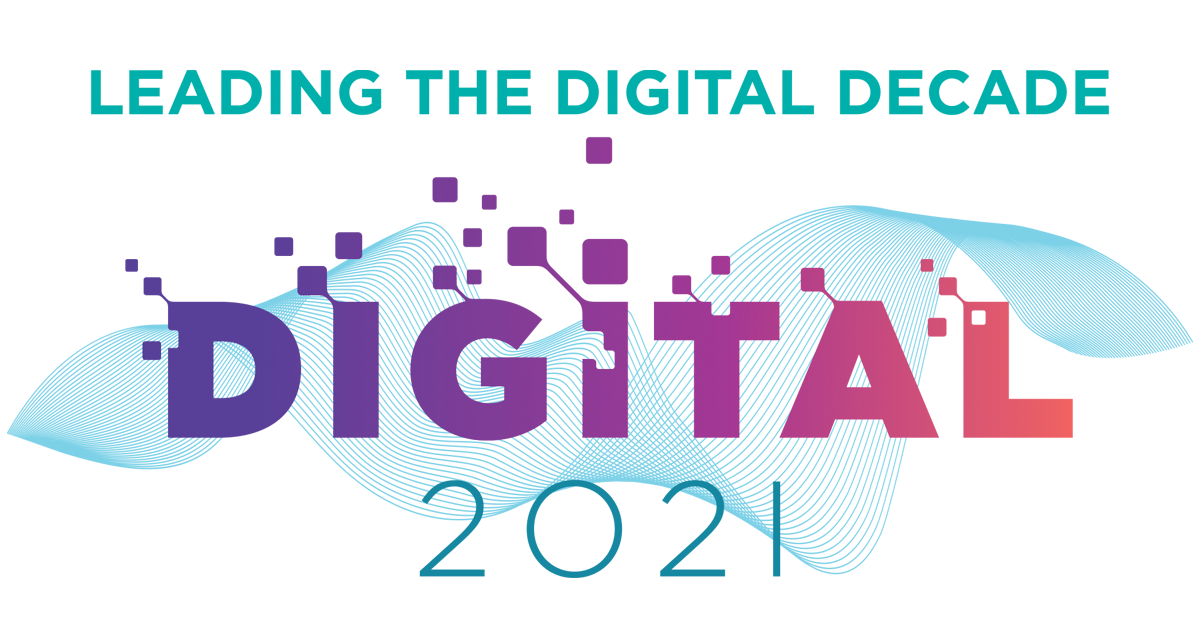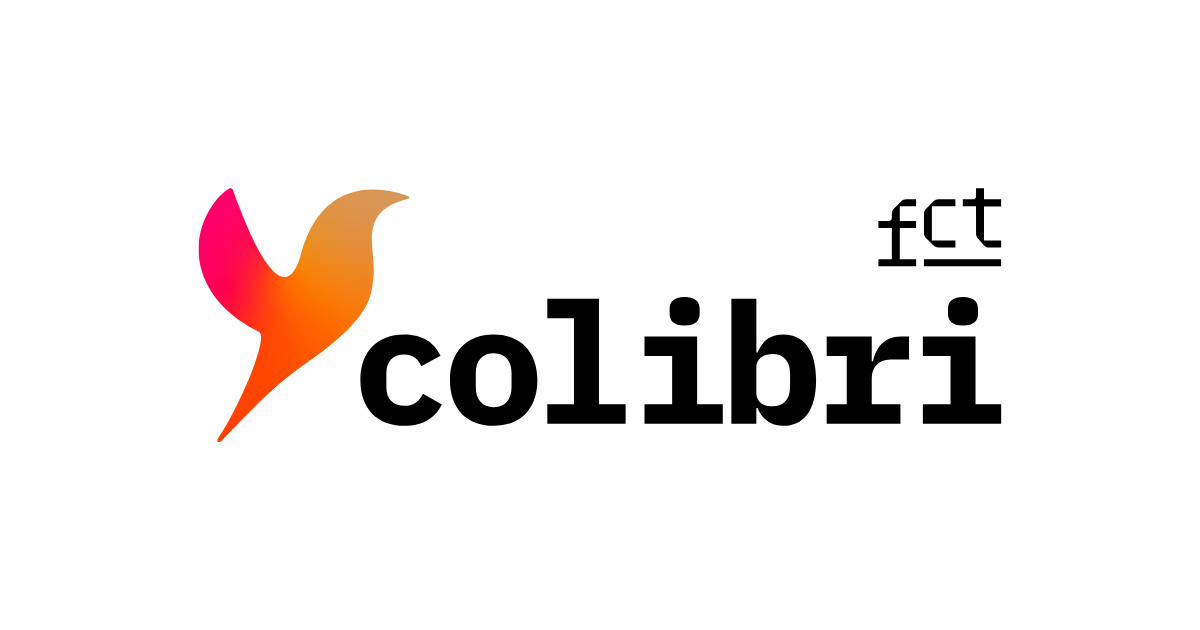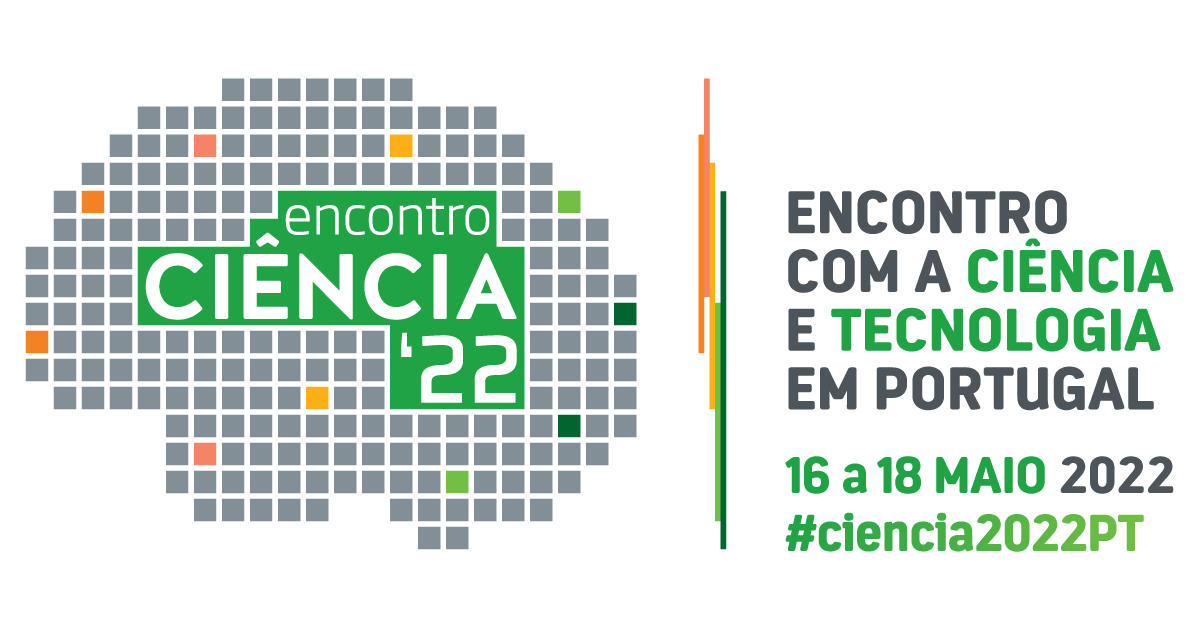The Digital Europe Program will fund projects dedicated to bridging the gap between digital technologies, citizens, businesses, and public administrations. What is known about this program?
Digital Europe Programme: “Shaping the future of Europe”
This is how the European Commission presents the impact of its latest initiative – the Digital Europe Program. The new program aims to accelerate and digitally transform industry and public administration, for the benefit of citizens, companies and the state. For this reason, this initiative is part of the 2021-2027 community funding framework, working in conjunction with programs such as Horizon Europe or the Connecting Europe Facility.
In total, the program has a budget of 7.6 billion euros, and is also seen as a way to accelerate economic recovery and shape the digital transformation of European society and the economy. Thanks to these projects, the European Commission emphasizes, everyone will benefit, with a special focus on small and medium-sized enterprises.
On May 11th, it was published in the Official Journal of the European Union the regulation which establishes the financial framework for the program, highlighting as general objectives and the promotion of “better exploitation of the industrial potential of innovation, research and technological development policies”.
Five interconnected areas
At a time when the Covid-19 pandemic has reinforced the importance of technology, the European Commission highlights the relevance of Europe not being dependent on “systems or solutions imported from other regions of the world”. In this sense, this digital program will finance digital transformation proposals framed in five different areas:
- supercomputing
- artificial intelligence, data and cloud
- cybersecurity
- advanced digital skills
- promoting the use of digital technologies
The regulation highlights that the five specific areas of action for the financed projects, although distinct, are interconnected, since, for example, “Artificial Intelligence needs cybersecurity to be trustworthy.” Therefore, the different specific objectives should not be viewed in isolation, but as a central part of a coherent whole.
In addition to its financing aspect, the program also foresees the creation of an initial network of European Digital Innovation Hubs or European Digital Innovation HubsThese structures will be responsible for developing appropriate synergies with relevant actions funded by the Horizon Europe program or other research and innovation programs. Thus, the European Digital Innovation Hubs aim to act as facilitators, bringing together industries, companies, and public administrations in need of technological solutions.
High performance computing
The published regulations also provide some general guidelines on the program's various specific objectives. In the case of high-performance computing, the document highlights that these solutions should be used “more widely by industry and, more generally, in areas of public interest”.
This will allow us to take advantage of the unique opportunities that supercomputers offer society "in matters of health, environment, and safety, as well as the competitiveness of the industrial sector, especially SMEs." In this sense, “the acquisition of top-of-the-line supercomputers” is planned that ensure the operation of a high-performance computing system “in accordance with the values and principles of the Union”.
This dimension of the program reinforces the work carried out by the Member States that signed the EuroHPC declaration. Under this commitment, over the past five years, this group of countries, which includes Portugal, have been deploying high-performance computing and cutting-edge data infrastructures, to be made available to the scientific community and public and private partners throughout the Union. A recent example was the installation of the Deucalion supercomputer, at the Minho Advanced Computing Center (MACC), integrated in Network National Advanced Computing managed by the FCCN unit.
To learn more, see this website and contact email: Programa.Europa.Digital@fccn.pt












